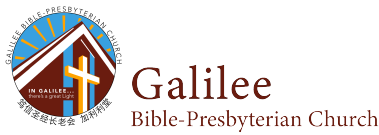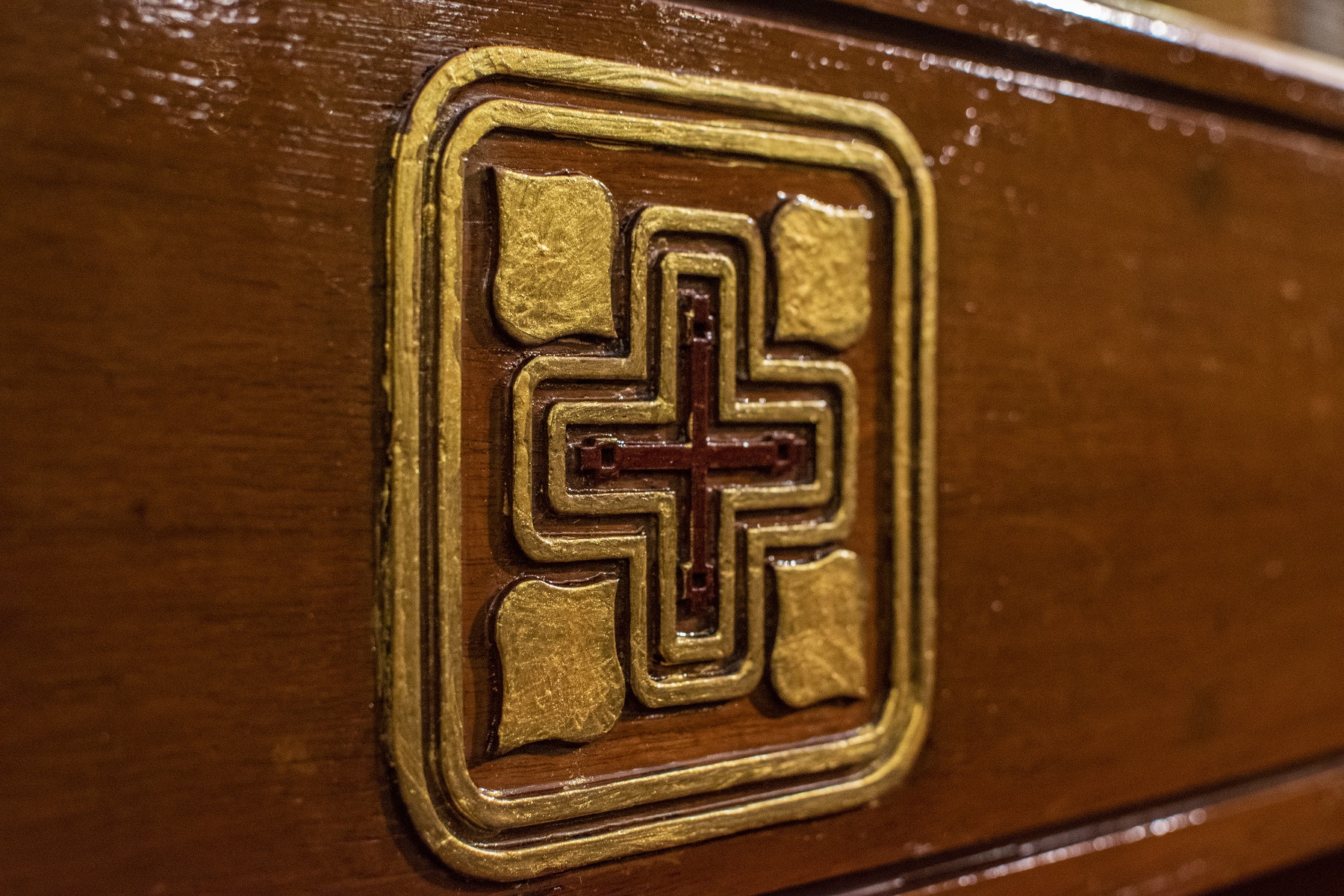We believe that the Holy Scripture or the Bible is the Word of God. It is verbally and fully inspired by Him and is therefore inerrant; infallible and authoritative.
It is verbally inspired so that every word, and in fact every jot and tittle is inspired by God (Matthew 5:18). The Holy Spirit inspired the human authors in their writing, and while their style is not diminished, the result is the holy infallible Word of God.
It is fully inspired in that it is all inspired of God. One part of the Bible is not more inspired than another part, but all of it (cf. 2 Timothy 3:16). We believe that there are only 66 books in the Bible as spelt out in the Westminster Confession of Faith (WCF 1.II). The books commonly called Apocrypha are not divinely inspired, and therefore are not part of Holy Scripture.
The Bible is inerrant in that there is no error in it because God Himself is the Divine Author. Hence scripture is used to interpret other portions of scripture (WCF 1.IX). If the scriptures give an interpretation to a particular text, then we must not seek any other interpretation.
The Bible is infallible and is correct in all matters, not only of matters pertaining to salvation, but also of history, science and geography.
The Bible, being the Word of God, is absolutely authoritative and so demands our absolute belief and obedience. Every believer can and must rest on its teachings, trust it, and depend on it fully and sufficiently for all that we need to know concerning how we may live our Christian lives (2 Tim 3:16-17; See WCF l.IV).



